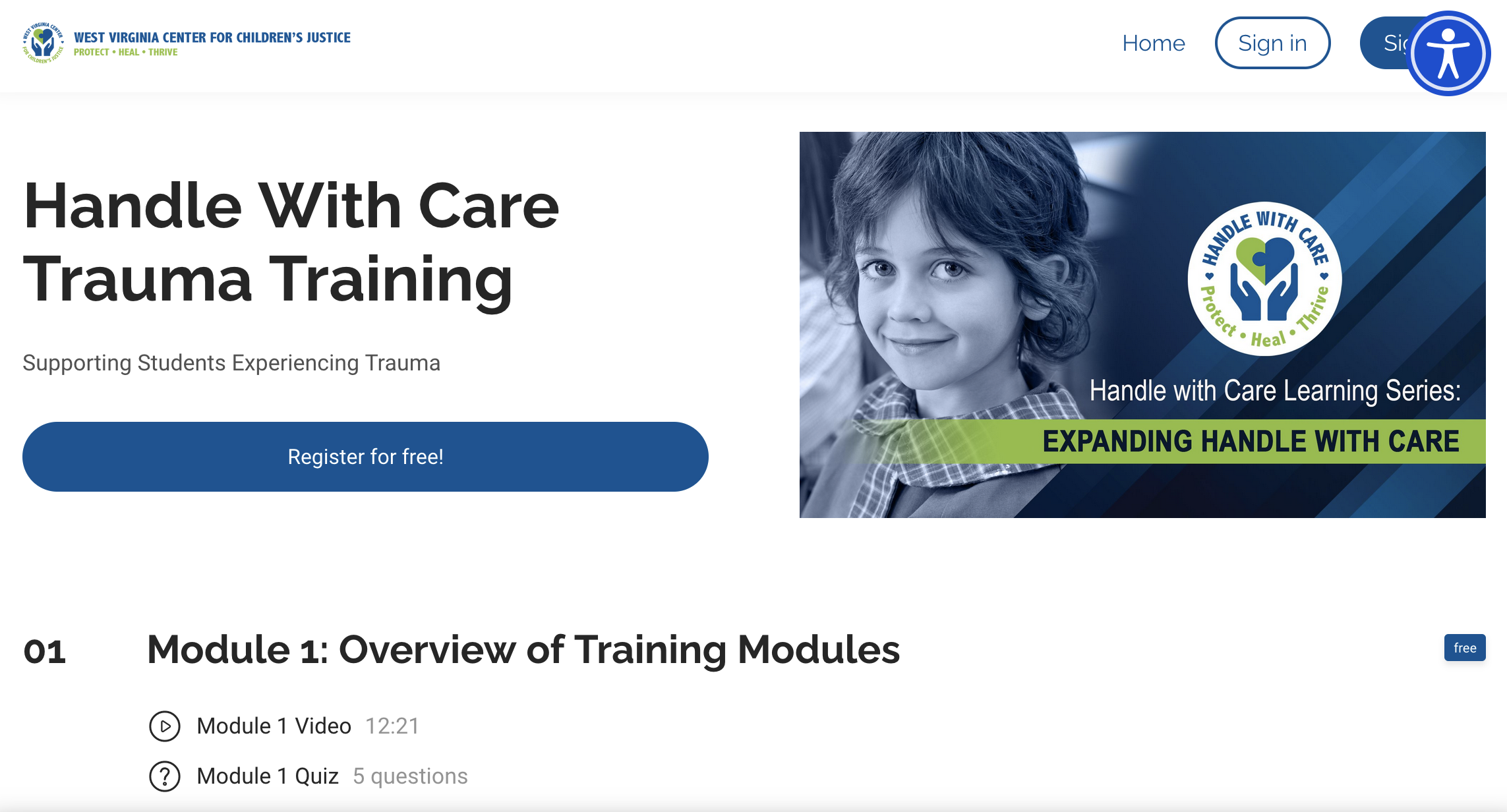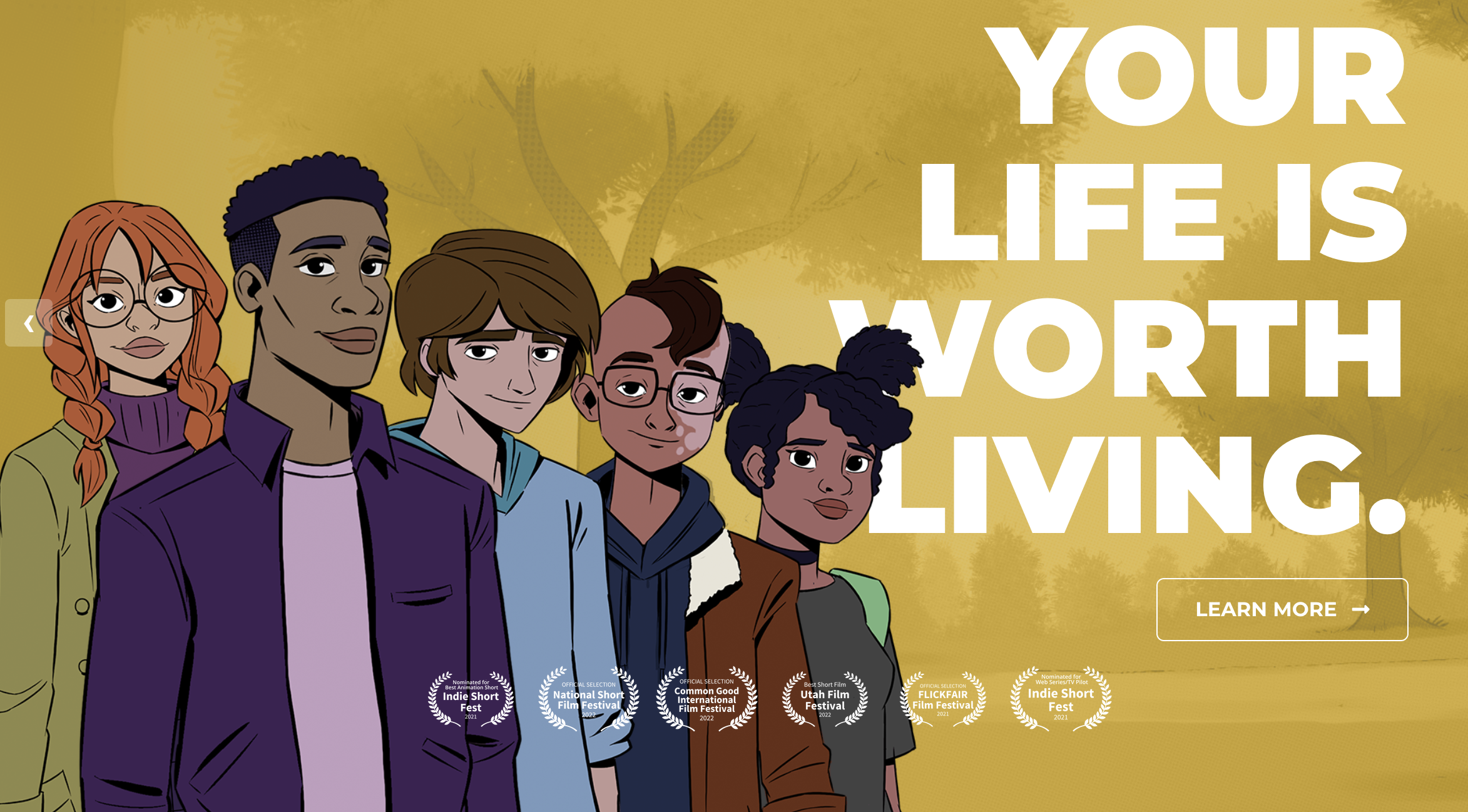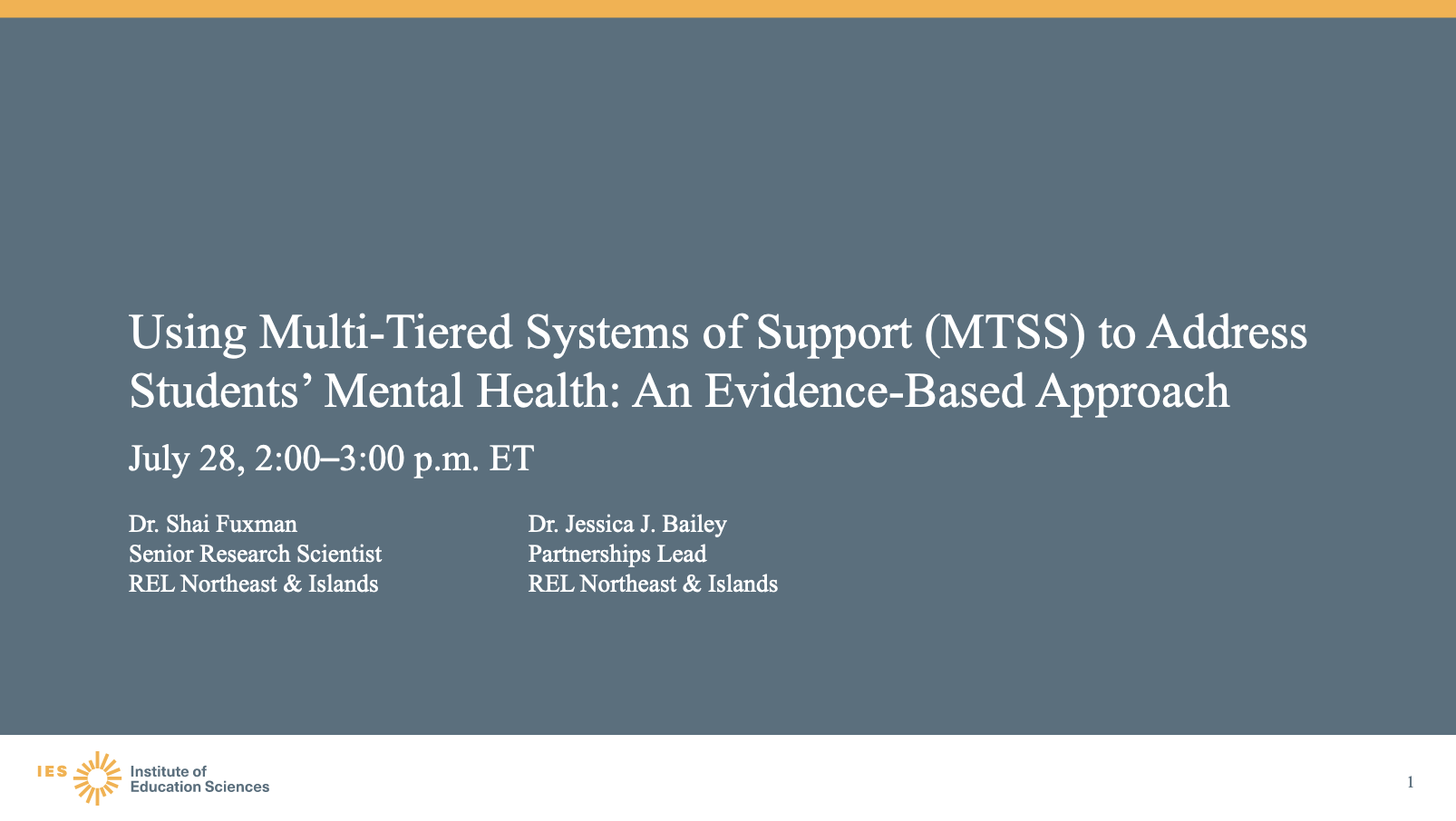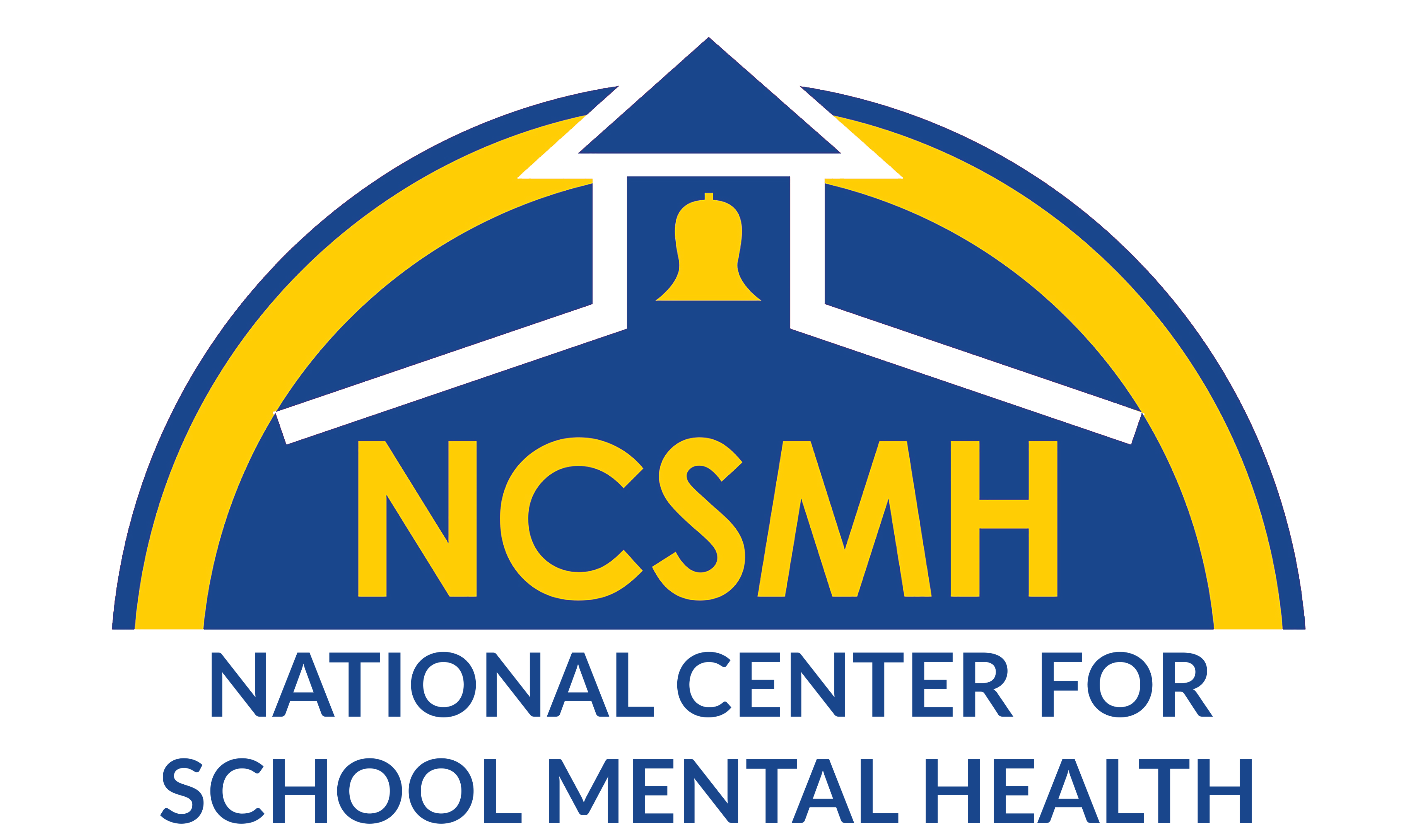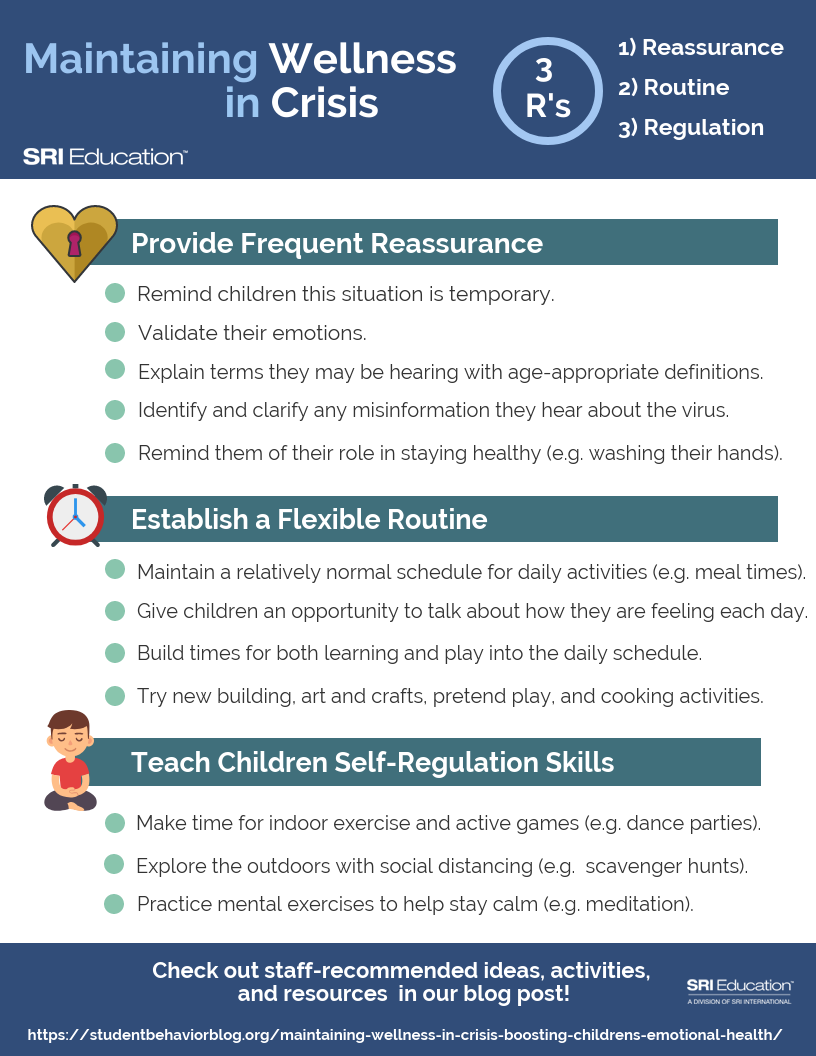My Life is Worth Living™ is the first animated series that models the human connection shown to be protective against suicide. The series tells stories of characters who face some of the most difficult issues that young people deal with and shows their evolution in the key decision: that life is worth living.
This is not “one more newsletter.” The National Center for School Mental Health listserv newsletters include timely information on upcoming conferences, events, and webinars, grants and research opportunities, news reports and resources, policy updates, and issues in the popular media related to school mental health. The newsletter comes out every other month, with occasional bonus announcements … Continue reading NCSMH Newsletter
The Mental Health Technology Transfer Center (MHTTC) Network, in partnership with the National Center for School Mental Health at the University of Maryland School of Medicine, has developed a FREE self-guided online course, video library + resource collection, and a website focused on educator mental health literacy. The 3-part training package, Classroom WISE (Well-Being Information … Continue reading Classroom Well-being Information and Strategies for Educators (WISE)
The American Psychological Association’s Facing the Divide video series brings psychological science to the conversation regarding the connections among race, racism and health. As experts on human behavior, psychologists have a unique perspective that can inform critical analysis of race relations. The site offers a variety of videos, discussion guides, fact sheets and other information … Continue reading Facing the Divide
Helping kids stay busy, stimulated, and positive while creating an environment that allows them to feel safe and protected can be challenging. A team of child trauma experts at Child Trends have listed several recommendations for supporting the emotional well-being of children during high stress periods. They highlight “3 R’s” for parents to use as … Continue reading Maintaining wellness in crisis
We’ve identified 5 “T” strategies for states, districts, and schools to consider as their educators join the movement to promote and support student mental health: talking, training, teaching, tools, and taking care. Content excerpted from our blog post, How can we incorporate mental health education into schools? Consider the 5 T’s.

